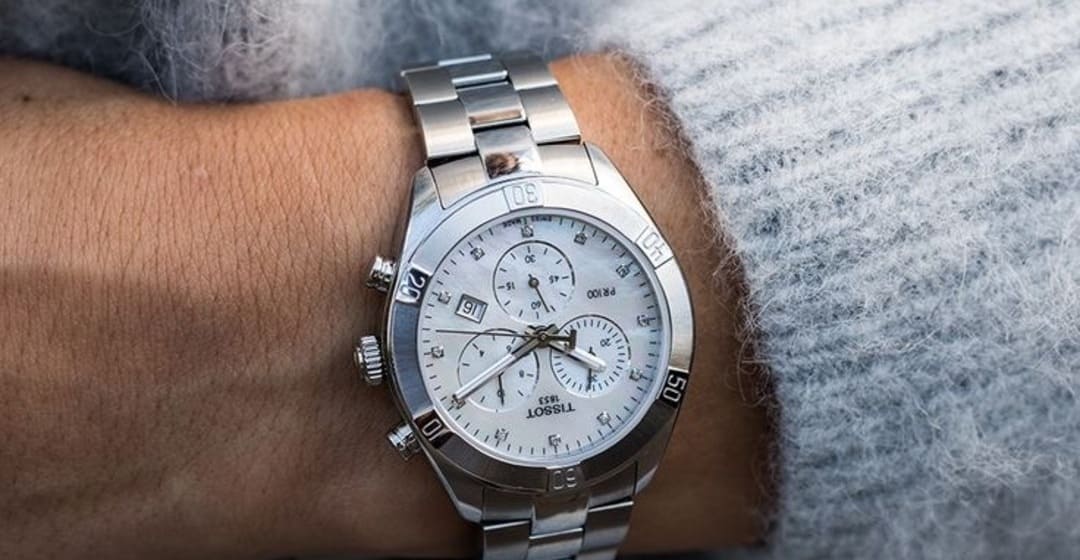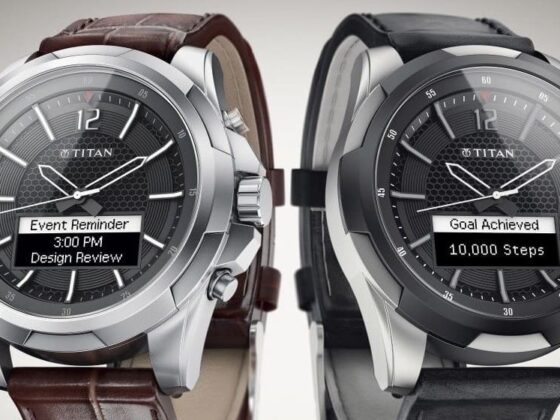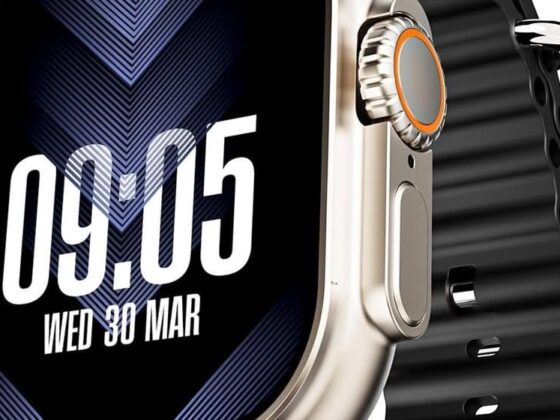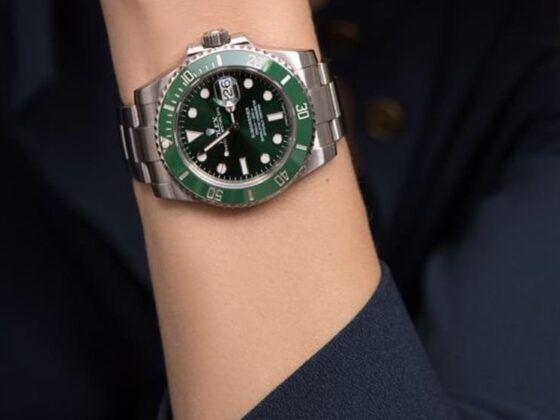Watches, more than mere timekeepers, are a statement of style, craftsmanship, and precision. When you embark on the journey of selecting the perfect timepiece, you’re inevitably confronted with a crucial decision: Do you opt for a watch with a quartz movement or one with an automatic movement? Before you make that choice, let’s dive into the fascinating world of horology and explore the eight fundamental differences between these two watch movements, so you can make an informed decision and find the timepiece that truly suits your needs and preferences.
What is a Quartz Movement in a Watch?
To understand the differences, let’s first unravel the mysteries of the quartz movement, a technology that revolutionized watchmaking.
- Precision at Its Core: Quartz watches are known for their unparalleled accuracy. They rely on the piezoelectric properties of quartz crystals to keep time. A small electrical current is applied to the quartz crystal, causing it to vibrate at a precise frequency. These vibrations serve as the heartbeat of the watch, ticking with remarkable consistency. Quartz watches can gain or lose mere seconds over an entire year, making them incredibly reliable.
- Low Maintenance: One of the most significant advantages of quartz watches is their low maintenance. Unlike automatic watches, they don’t require winding or wear to keep running. Simply replace the battery every couple of years, and your quartz watch will continue to keep time with precision.
- 3. Cost-Effective: Quartz movements are cost-effective to produce, resulting in a wide range of affordable quartz watches on the market. They are an excellent choice for those seeking accuracy without breaking the bank.
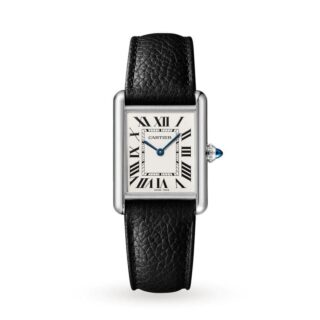

What is an Automatic Movement in a Watch?
Now, let’s venture into the intricate world of automatic movements, where craftsmanship and tradition take centre stage.
- A Mechanical Marvel: Automatic movements, also known as self-winding movements, are a testament to traditional watchmaking craftsmanship. These watches contain intricate mechanical components that work together to keep time. They do not rely on batteries or electronic circuits but rather on the energy stored in a mainspring.
- The Art of Self-Winding: The magic of automatic movements lies in their self-winding feature. As you wear the watch, the natural motion of your wrist winds the mainspring, storing energy. This energy is then released in a controlled manner to power the watch’s movement. If you wear your automatic watch regularly, it will keep running without the need for manual winding.
- The Ticking Heartbeat: Unlike the consistent ticking of a quartz watch, an automatic watch has a sweeping second hand. The smooth, continuous motion of this hand is a hallmark of mechanical movements, captivating watch enthusiasts worldwide.
- Craftsmanship and Heritage: Automatic watches often embody the heritage and artistry of watchmaking. They are assembled with meticulous care by skilled watchmakers, and many luxury brands take pride in the intricate detailing of their automatic timepieces.
- Regular Care and Attention: While automatic watches offer a unique blend of tradition and artistry, they do require more care than quartz watches. If left unworn for an extended period, they may stop, requiring manual winding. Regular servicing by a skilled watchmaker is also recommended to ensure the watch’s longevity and accuracy.

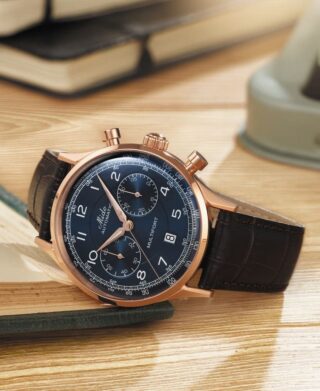
Choosing the Right Watch for You
Now that we’ve unravelled the core differences between quartz and automatic movements, how do you choose the right watch for you? It ultimately boils down to your preferences and priorities.
Consider a Quartz Watch If:
Precision Matters: If you need a watch that keeps time with unparalleled accuracy, especially for activities like diving or aviation, a quartz watch is your best bet.
Low Maintenance is Preferred: Quartz watches are perfect for those who prefer a timepiece that requires minimal upkeep. Replacing a battery every few years is a small price to pay for accuracy.
Budget is a Factor: If you’re working within a budget, quartz watches offer a wide range of options, from affordable to luxury.
Consider an Automatic Watch If:
Craftsmanship Appeals to You: If you appreciate the artistry and heritage of watchmaking, an automatic watch is a wearable masterpiece.
You Wear It Regularly: Automatic watches thrive on regular wear. If you plan to make your watch a part of your daily attire, it’s more likely to stay wound and running smoothly.
You Don’t Mind Some Maintenance: While automatic watches require more care, many enthusiasts relish the process of winding and servicing their timepieces. It’s a connection to the art and tradition of watchmaking.
Which Are Better - Quartz or Automatic Movement Watches?
The debate between quartz and automatic movement watches boils down to precision versus craftsmanship. Quartz watches are known for their accuracy and low maintenance, powered by a battery. Automatic watches, in contrast, are marvels of craftsmanship, relying on intricate mechanisms powered by wrist motion. They appeal to those who appreciate the artistry behind timekeeping. Ultimately, the choice comes down to personal preference. If precision and low maintenance are your priorities, opt for quartz. If you value the craftsmanship and history of watchmaking, go for automatic movement watches. Both offer unique horological experiences on your wrist.
Which are More Expensive - Quartz or Automatic Movement Watches?
As a general rule, automatic movement watches tend to be more expensive than quartz watches. This price difference arises from the intricate craftsmanship, mechanical complexity, and luxurious materials often found in automatic watches. Quartz watches, on the other hand, are typically more cost-effective due to their simpler battery-driven mechanisms. However, exceptions exist in both categories, depending on brand reputation and design intricacies. Ultimately, the price of a watch is influenced by various factors, so it’s essential to consider your preferences and budget when deciding between quartz and automatic timepieces.
Which Style of Watches Have a Better Resale Value - Quartz or Automatic Movement Watches?
In terms of resale value, automatic movement watches typically outperform quartz watches. Their craftsmanship, limited editions, and historical significance often make them more appealing to collectors, resulting in higher resale prices. Quartz watches, due to their simpler mechanisms and widespread availability, generally have lower resale values. However, exceptions exist for high-end or historically significant quartz timepieces. If resale value is a consideration, automatic watches are often the better investment.
A Timepiece as Unique as You
In the realm of horology, choosing between a quartz and automatic watch is akin to selecting a vehicle. Each has its strengths and characteristics, and your decision should align with your lifestyle, preferences, and priorities. Whether you opt for the precision of quartz or the craftsmanship of an automatic movement, your watch becomes more than a timekeeper; it becomes a reflection of your unique style and appreciation for the world of watchmaking. So, embrace your choice, and let your timepiece tell the story of your journey through life’s most precious moments.
Love,
Team LadyInRoseGold


